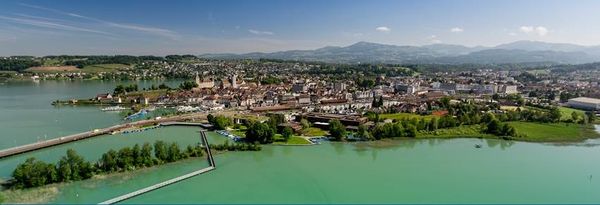The past months marked an
intensive period of outreach activities carried out by the UNIGIS program
established at the University San Francisco de Quito (USFQ) and several partner
universities in Latin America. For the first time, the annual UNIGIS-symposium
ForoMundoUNIGIS was not only held at USFQ, Ecuador and ICESI, Cali but also at
our new partner sites at University Belgrano (UB), Argentina, Universidade do
Estado do Rio de Janeiro (UERJ), Brasil and the National University Federico
Villareal (UNFV), Perú. These events were addressed especially to the growing
community of UNIGIS students and alumni in these countries aiming at giving
them a platform for presenting their thesis and professional projects as well
as building sustainable personal and institutional networks.
The third anniversary of
the ForoMundoUNIGIS at USFQ, taking place on October 22/23, gave reason for the
UNGIS Team Latin America and the associated colleagues from our regional study
sites to gather in an 10-days work shop where internal procedures were discussed
and refined in order to providing a high-quality service to all of our students
in the future.































